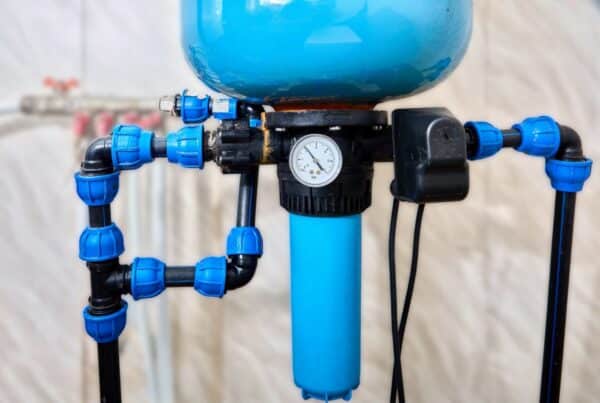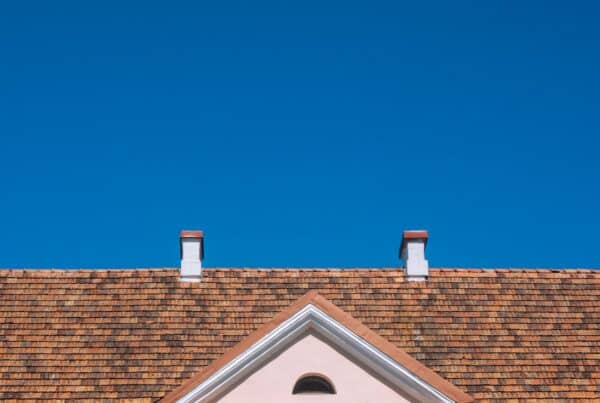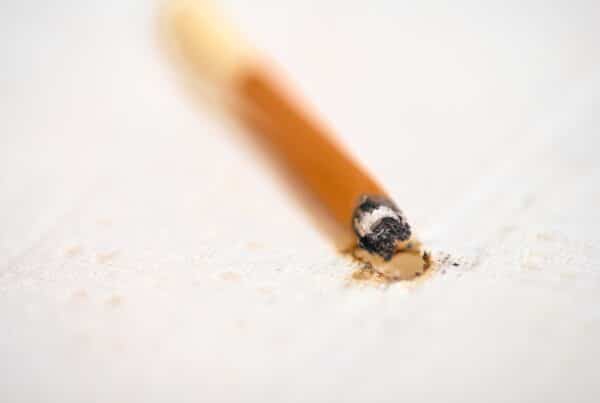
Opening the dishwasher only to find your dishwasher leaking is a nightmare for any homeowner – but don’t panic yet. Most leaks can be fixed with some easy troubleshooting or maintenance tasks. With a little patience and attention to detail, you can stop appliance disasters before they start.
In this article, you’ll learn some of the common reasons dishwashers leak, how to spot issues, simple troubleshooting tips, and when to involve an expert. No need to dread cleanup after dinner – just keep reading!
The Usual Suspects
One potential problem you may encounter with your dishwasher is water leaking from the waterline. This can occur due to loose connections or damaged pipes. If you notice any water leakage around the waterline, it is important to address this issue promptly to prevent further damage to your kitchen and appliances.
Worn or Damaged Door Seals
The seals around the door are crucial to keeping water inside the tub during operation. Mineral deposits from hard water can degrade and crack the seals over time. Also look for tears, gaps or misshapen seals that break the water-tight barrier.
Clogged or Faulty Drain Line
When water can’t properly drain out of the tub, leaks can occur. Food debris and grime often build up and clog the drain hose or internal components like the pump. Cracks or kinks in the drain line also obstruct drainage.
Filled Up Filter
The filter basket is meant to catch stray food particles, but over time it can get clogged. A full filter prevents wastewater from properly draining out. Be sure to periodically clean out the filter to allow free flow down the drain line.
Supply Line Leaks
Leaks at the point where the supply line connects to the dishwasher are common. This could be due to loose fittings, corrosion, pinhole leaks in the tubing, or other connection issues.
Improper Leveling
An unbalanced dishwasher can cause pooling of water and lead to leaks. Using a spirit level to ensure the appliance is level from side-to-side and front-to-back helps water drain properly.

Troubleshooting Dishwasher Leaks
Now that you know the usual suspects behind a dishwasher leaking, here are tips for diagnosing issues and doing repairs yourself.
Fixing Drainage Problems
If water isn’t draining out of the tub properly, start by removing and cleaning the filter. Use a toothbrush to scrub off any stuck-on gunk. Rinse thoroughly before replacing. Also inspect the drain hose for kinks, cracks, or obstructions. Straighten or replace the hose if needed. Run the dishwasher empty to confirm adequate water flow.
Resealing The Door
Check the door seal for mineral deposits or cracks, and clean or replace as needed. Use a damp rag and mild detergent for cleaning, being careful not to further damage the seal. When replacing the seal, carefully unhook it from the tub rim and install the new seal with the ribs facing inward.
Tightening Up Fittings
For supply line leaks, first, ensure connections at the shutoff valve and dishwasher are tight. Use pliers to tighten fittings if loose. Wipe away any water on the supply line, then inspect the line for pinhole leaks. Replace tubing if corroded or damaged.
Getting Back to Level
Finally, confirm the dishwasher is level by placing a spirit level on the door and rack tracks. If needed, adjust the leveling feet under the kickplate, turning clockwise to lower that corner. Do this until the spirit level shows the appliance is balanced.

Other Recommended Maintenance
Regular upkeep and maintenance help avoid many leaks and keep your dishwasher running smoothly. Be sure to inspect the door seal monthly and clean or replace it if you notice any cracks, tears, or deterioration. Mineral deposits can be removed with a damp rag and mild detergent, while worn or misshapen seals should be replaced entirely.
You’ll also want to detach the drain hose from the dishwasher yearly to thoroughly inspect it for any buildup, cracks, or obstructions. Flushing the hose with hot water and using a pipe cleaner to remove debris helps maintain proper drainage. Replace the drain hose if it has become kinked or damaged.
Additionally, clean out the filter monthly using a toothbrush and hot, soapy water to scrub away any food particles and debris that could lead to clogs. Rinsing and replacing the filter regularly keeps the drainage system flowing freely. Finally, add two cups of plain white vinegar to an empty dishwasher monthly and run a hot cycle to remove grease buildup and limescale, which can cause leaks over time if not addressed.
When Do I Call a Professional
While simple leaks can often be tackled on your own through troubleshooting and maintenance, it’s smart to call in an appliance repair technician for more complex issues or if problems persist despite your best efforts.
Experienced technicians can inspect all internal components and determine if replacement parts or major service is required in cases where extensive leaks are coming from the dishwasher motor, pump, or interior.
Trained professionals are also best equipped to handle delicate repairs like pump component replacement that may be beyond the average homeowner. Don’t hesitate to pick up the phone when faced with a perplexing leak or breakdown that you are unable to successfully troubleshoot on your own.
Conclusion
Dealing with a leaking dishwasher can be a soapy rollercoaster ride. However, try to take a deep breath and know you have the power to stop the dishwasher drama in its tracks. Prepare yourself with the knowledge of common causes, must-do maintenance, and smart troubleshooting tips. Don’t let leaks sink your kitchen – act quickly and tackle repairs with confidence.
With a little diligence and TLC, your trusty dishwasher can be back in business, providing sparkling clean dishes instead of sudsy spills. Use vinegar as your secret weapon against grime, but call in the appliance pros when needed. If you need guidance on a persistent plumbing issue or want to schedule a complete home inspection, reach out to Boggs Inspection Services in Olympia, WA, and surrounding areas.



